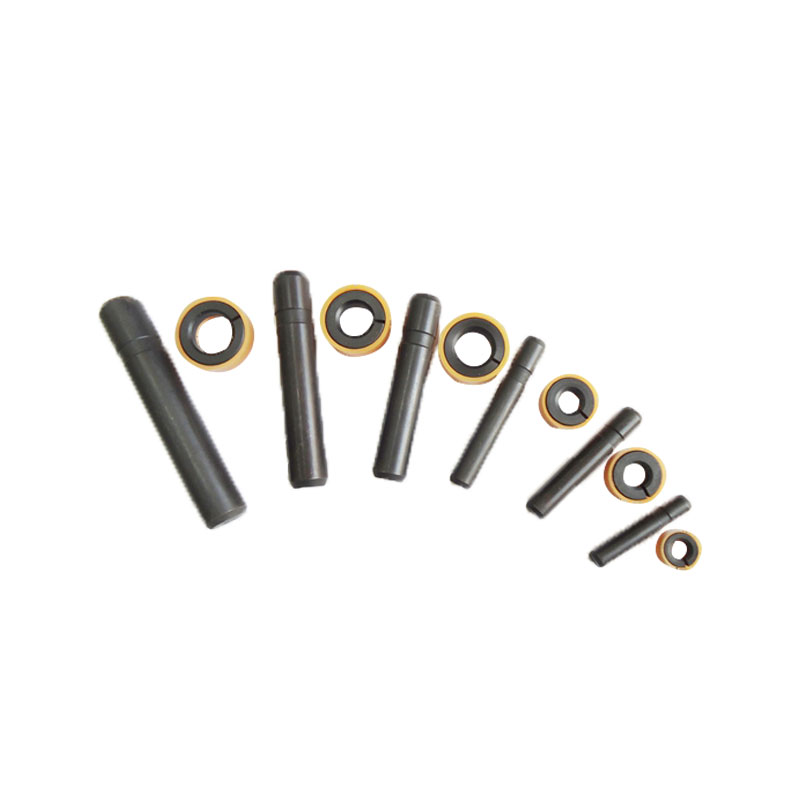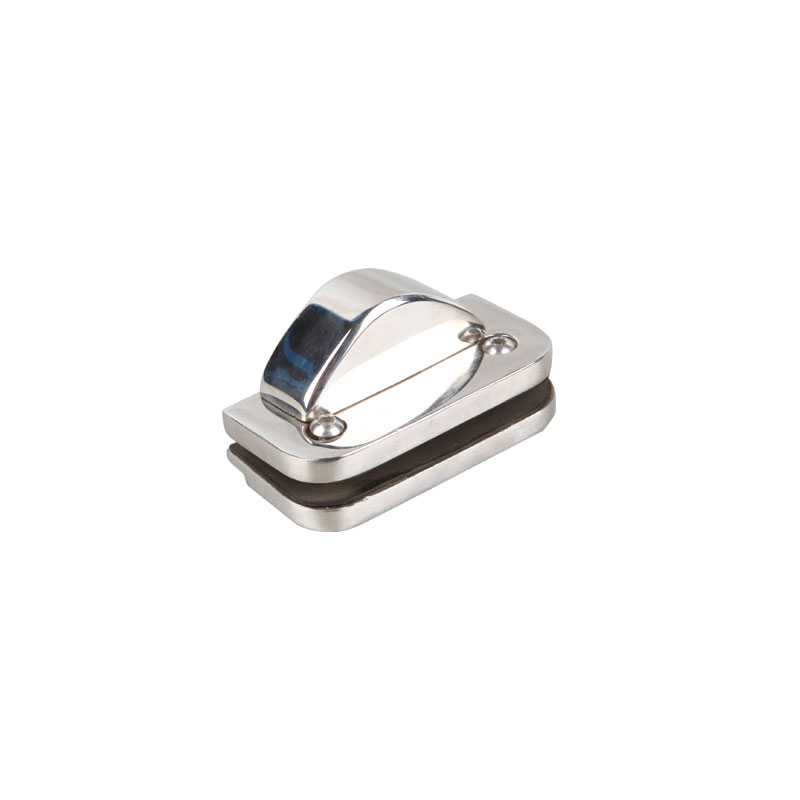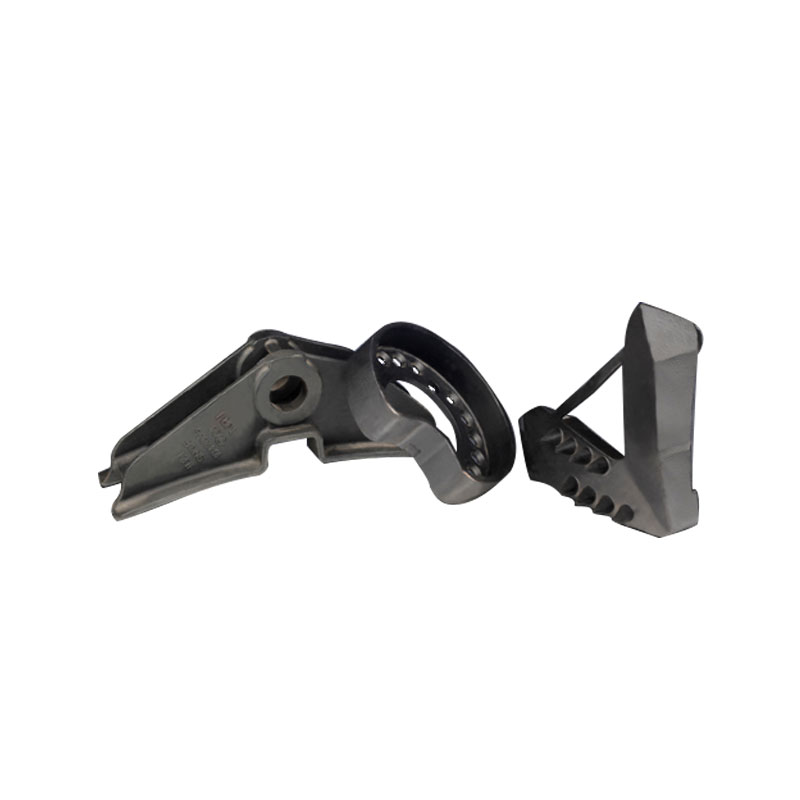Choosing the right material for casting steel involves […]
Choosing the right material for casting steel involves considering various factors to ensure that the selected material meets the specific requirements of your application. Here's a step-by-step guide to help you choose the appropriate material for casting steel:
1.Understand Your Application Requirements:
Begin by thoroughly understanding the requirements of your application. Consider factors such as:
Mechanical properties (e.g., tensile strength, hardness, toughness)
Corrosion resistance
Temperature resistance
Wear resistance
Weight restrictions
Environmental conditions (e.g., exposure to chemicals, moisture, or extreme temperatures)
Regulatory and safety standards
2.Consult with Materials Experts:
If you're not familiar with the specific material properties required for your application, consult with materials engineers or experts who can provide guidance based on your project's needs.
3.Identify Candidate Steel Alloys:
Research and identify steel alloys that are suitable for your application. Common steel alloys used in casting include:
Carbon steel: Offers good strength and affordability.
Stainless steel: Known for its corrosion resistance and strength.Alloy steel: Contains various alloying elements (e.g., chromium, nickel, molybdenum) to enhance specific properties such as hardness, toughness, or heat resistance.
4.Consider Alloying Elements:
Depending on your application's requirements, consider the addition of specific alloying elements to the steel alloy to enhance desired properties. For example:
Chromium increases corrosion resistance.
Molybdenum improves high-temperature strength.
Nickel enhances toughness and corrosion resistance.
5.Evaluate Mechanical Properties:
Review the mechanical properties of candidate steel alloys, such as tensile strength, yield strength, hardness, and impact resistance, to ensure they meet your application's needs.
6.Assess Corrosion Resistance:
If your application will be exposed to corrosive environments, select a steel alloy with appropriate corrosion resistance. Stainless steel, for example, is known for its corrosion-resistant properties.
7.Consider Heat Treatment:
Determine whether heat treatment processes (e.g., annealing, quenching, tempering) can be applied to the selected steel alloy to further tailor its mechanical properties.
8.Evaluate Cost and Availability:
Consider the cost of the material and its availability in the quantities you need. Some specialty alloys may be more expensive or less readily available.
9.Review Industry Standards:
Ensure that the selected steel material complies with any industry or regulatory standards relevant to your application. This is particularly important in industries like aerospace and automotive.
10.Prototype and Testing:
If possible, create prototypes or conduct material testing to verify that the chosen material meets your application's requirements under real-world conditions.
11.Consult with Foundries:
Work closely with foundries or casting experts who can provide insights into the feasibility of casting the chosen material and help optimize the casting process for your specific alloy.
12.Document Your Selection:
Document the material selection process, including the reasons for choosing the specific steel alloy. This documentation can be crucial for quality control and traceability.
Selecting the right material for casting steel is a critical decision that can significantly impact the performance and durability of your components. By carefully considering your application's requirements and working with experts in materials and casting, you can make an informed choice that meets your project's needs.



